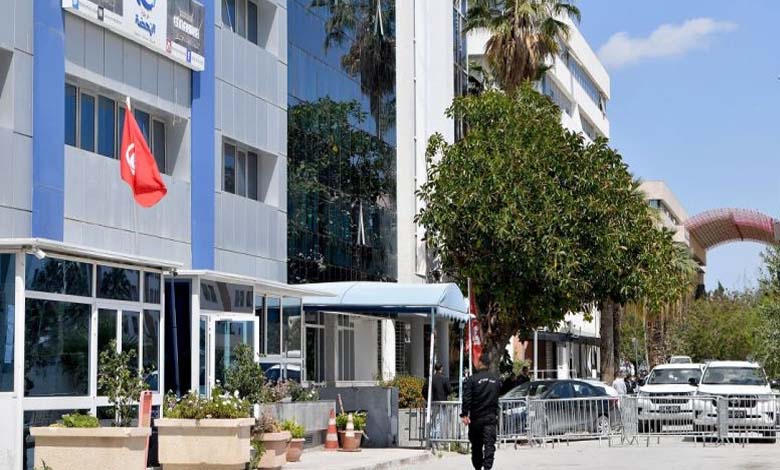Political Islam has not ended in Tunisia, and its sleeper cells are still active… How?

The president of the Coalition Party for Tunisia, Serhan Nasri, revealed that the sleeper cells of the Brotherhood remain entrenched in the political scene, lurking in the corners and waiting for an opportunity to jump to the forefront and ignite chaos. He warned that, although the era of the Brotherhood has politically ended, it still exists in the form of sleeper cells that activate whenever there is a critical issue or significant event.
-
Referral of Several Ennahdha Leaders to the Anti-Terrorism Pole
-
Analysts Reveal Ennahdha Movement’s Plans to Ignite Tensions in Tunisia
This mobilization, he said, manifests in the form of infiltration, whether by supporting a specific candidate to undermine their opponent or by attempting to sow discord and chaos through hate speech and disinformation campaigns. This calls for the dissolution of the political arm of the organization, represented by the Ennahdha Movement.
Nasri stressed the need to dissolve the Islamist movement, warning of the repercussions of delaying such a step on the country’s security. He stated that “political Islam has not ended in Tunisia,” noting that “its sleeper cells are still active and are behind the support of specific candidates in the presidential elections, hoping to return to the political scene in the next phase.”
-
In Tunisia, Ennahdha and the postponement of the “terrorism trial”: harsher penalty
-
Strategic Analyst: Tunisians Fear the Return of Ennahdha Movement to Power
He continued: “We are waiting for a review of the law on associations and parties,” urging “the judiciary to carry out its duties in this pivotal moment in the country’s history.”
He also called on the judiciary to “dissolve the Ennahdha Movement, which has destroyed the country and contributed to the ruin we are experiencing today,” emphasizing the need to “cut ties definitively with this malignant element in the political landscape.”
-
New Maneuver: Ennahdha (Muslim Brotherhood) in Tunisia explores changing its name… Why?
-
Terrorism besieges the Ennahdha Movement in Tunisia… Detention warrant for the most dangerous elements of the secret apparatus
Additionally, the Ennahdha Movement is facing serious issues, notably the issue of sending hundreds of Tunisian youths to fight alongside terrorist organizations in conflict zones since 2011.
The movement is also accused of involvement of its armed wing in carrying out political assassinations that occurred in the country in recent years, in addition to suspicions of receiving foreign funding.
-
The Ennahdha Movement exploits Gaza events to return to the streets that rejected It
-
Ghost of the Ennahdha Movement in Tunisia… “desperate shots” to tarnish the electoral commission
Nasri also confirmed that Tunisia “is going through a very important phase in its history,” and that his party will participate in the presidential elections scheduled for October 6, noting that his party will support President Kais Saied in moving to the next phase to continue his reform project.
The upcoming presidential elections will see competition between outgoing President Kais Saied, the head of the People’s Movement, Zouheir Maghzaoui, and the head of the Aazimoun Movement, Ayachi Zammal (currently in prison).












